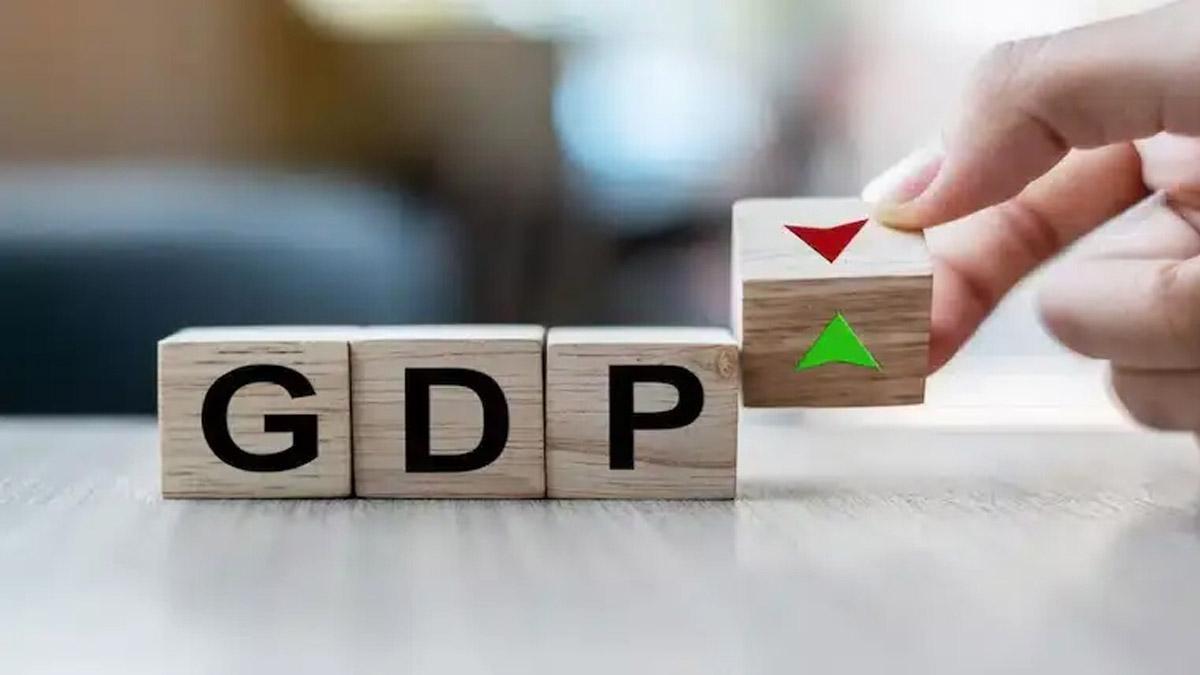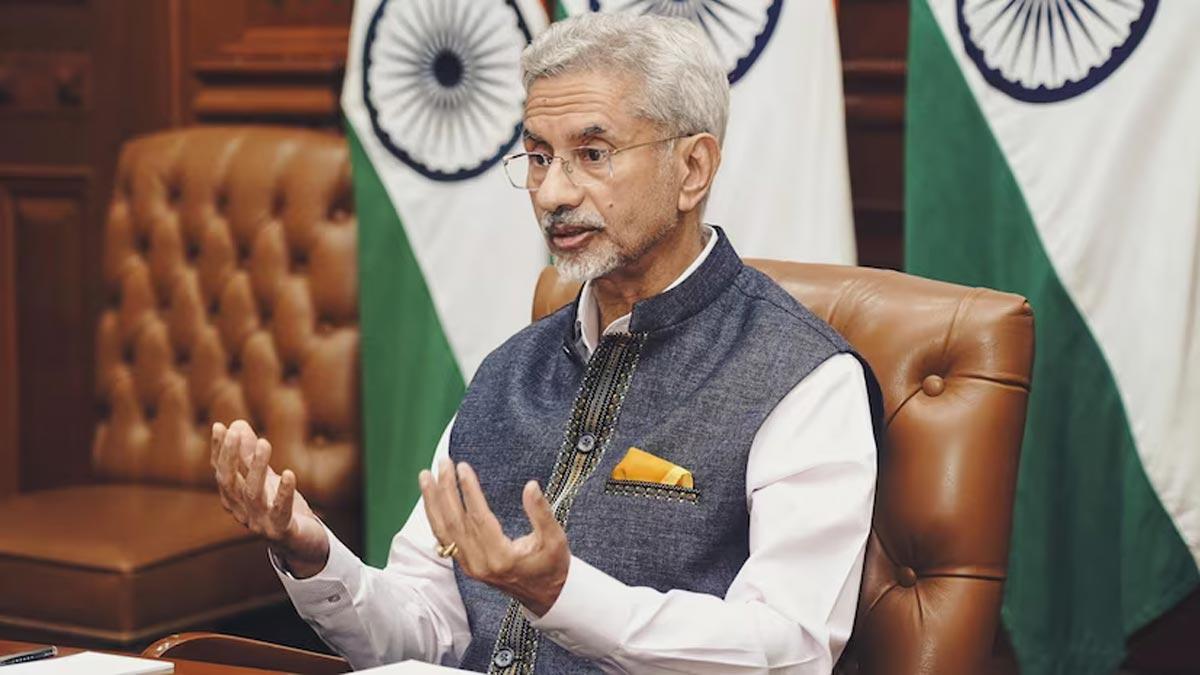Excess liquidity, coupled with stalled insolvency processes. are expected to bring in long-term risks in the economy, the Economic Survey 2021-22, tabled in the Parliament on Monday, said.
To negate the downside risks that emanated from the pandemic, the RBI's Monetary Policy Committee had cut the repo rate by 115 basis points (bps) during February to May 2020, besides another 135 basis points reduction in the preceding twelve months.
"Monetary policy since the outbreak of the pandemic was calibrated to provide a cushion and support growth, but carefully controlled in order to avoid the medium term dislocations of excess liquidity," the Survey said.
Almost since the start of the pandemic, the MPC has maintained status quo on the policy repo rate by keeping it unchanged at four per cent.
Further, the Marginal Standing Facility rate and the bank rate have also remained unchanged at 4.25 per cent and so has the reverse repo rate at 3.35 per cent.
In its latest RBI's MPC meeting, it was decided to continue with the "accommodative stance as long as necessary to revive growth on a durable basis".
Also Read | Satellite images used to track economic activity
To provide support to the economy, the Centre guaranteed access to finances in general and MSMEs in particular, besides moratorium on insolvency proceedings. Through the moratorium, the Centre was able to avoid a payments logjam that could have caused a cascade of defaults.


















